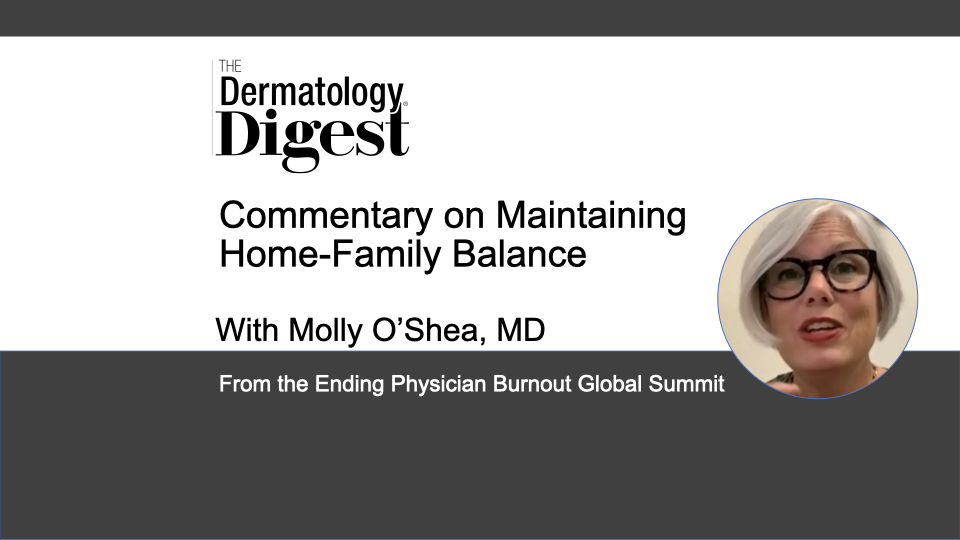Dr. Molly O’Shea discusses physician burnout, including recognizing the signs and symptoms, strategies for recovery, and preventing future burnout.
Dr. Molly O’Shea is the owner and founder of Birmingham Pediatrics, Bloomfield Township, Michigan, and a professional speaker, and family coach, dedicated to helping parents raise independent and healthy children.
“As physicians, we are all used to being under stress… our go-to strategy for dealing with stress is just to amp it up and power through it,” said Molly O’Shea, MD, who discussed several strategies for recognizing and recovering from burnout at this year’s Ending Physician Burnout Global Summit.
However, “there are times when just using that strategy is actually not a good idea,” she said.
Recognizing Burnout
The ability to power through stressful situations is a key survival characteristic, but it can also be your downfall, said Dr. O’Shea.
“The way you know whether or not that strategy of powering through it is feeding you and fueling you well or not is to look at your relationships with others during that time.”
For example, when you come home after work and can’t empathize with your partner’s rough day because all you can think is, “you don’t know what a rough day is like,” that inability to connect is a red flag, said Dr. O’Shea.
“If that’s happening once a while, you’re probably okay. But if you’re consistently in that irritable, cranky, detached, unempathetic mode where everything people are doing is irritating you and you’re cynical and you’re impatient or you’re detached… that may be a burnout.”
A lack of patience with yourself, questioning your abilities, small mistakes feeling like big problems are all signs that the strategies you’re using to manage stress are no longer working.
Recovering From Burnout
“One step in recognizing and managing burnout is knowing how to take a step back,” said Dr. O’Shea.
That means setting boundaries at work and emotional regulation at home.
“[At work] you may not be able to say yes to every extra patient on your schedule. You may not be able to say yes to every partner who comes to you and asks for coverage. You may not be able to say yes to every extra question a patient asks in that appointment. You may [need to] say, in order to do this right, I need to schedule an extra appointment for you… to give it the time it needs. So you begin to set boundaries, to protect yourself.”
At home when situations with kids or partners generate feelings of guilt, Dr. O’Shea emphasized the importance of recognizing when those feelings are unreasonable.
“Our first instinct is to think… What did I do? Are they mad at me? And really, it’s not about you. So by acknowledging that feeling you have inside of you—that emotion—setting it aside and then dealing with the situation you’re in reduces that stress dramatically and allows you to be in the moment with your kids, or with your spouse… so emotional regulation is super important.”
Other steps in recovering from and managing burnout include delegating tasks at home, finding time with your partner or a friend, and making time for yourself, she said.
“A lot of the stress that comes from our lives comes because not only are we working like dogs at work, but we’re also working like dogs when we’re at home.”
Dr. O’Shea suggests lining up help at home, whether it’s chores for the kids, a housekeeping service, and/or food delivery services.
Finally, recovering from/avoiding burnout also means finding 15 minutes a day for yourself.
“I know what you’re saying: ‘I don’t have 15 minutes. If I had 15 minutes I wouldn’t have burnout. And that’s true—you wouldn’t! It’s not that it doesn’t exist; it’s that you haven’t prioritized it. Fifteen minutes a day for you will bring you to your family renewed and recovered… you’ll feel much, much better.”


